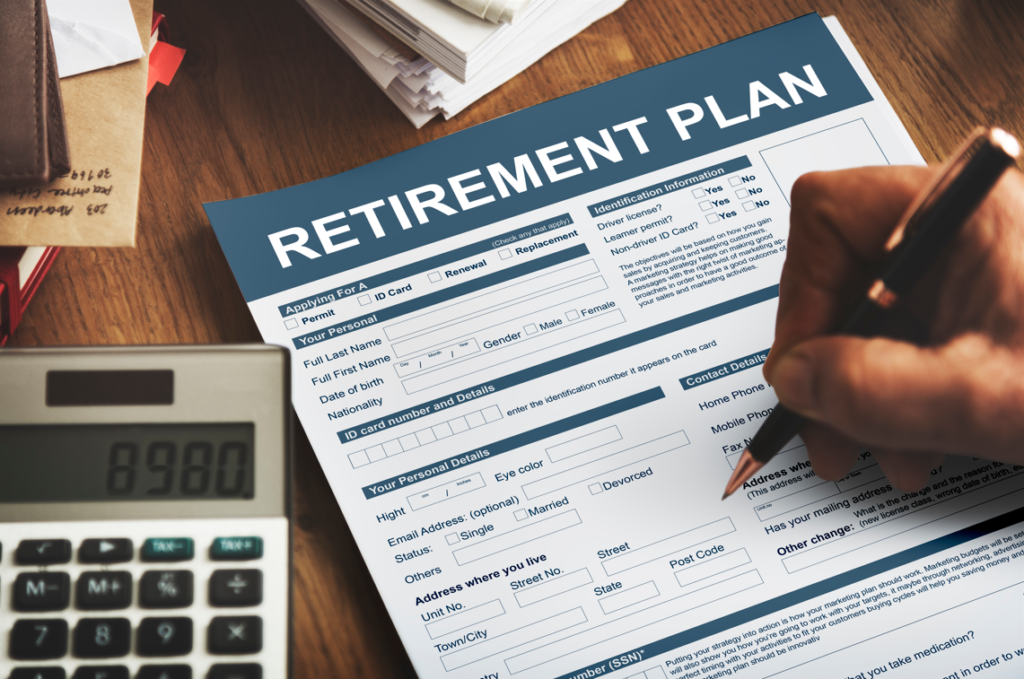Reasons you need a will
Having a valid will in place could be one of the best ways to ensure your assets reach the people you want.
- If you have a family or others who are financially dependent on you, preparing a will can help avoid legal battles or disputes over your estate once you’re no longer around.
- It can also help in avoiding an extended probate process, minimising estate tax that may need to be paid by your surviving family, make gifts and donations to charities, and nominate how your minor children will need to be looked after once you pass away.
How can I ensure my will is valid?
Three things are needed for a will to be considered valid. These are:
- Must be in writing – whether it’s handwritten, typed or printed, your will must be written down to be considered valid
- Must be signed – make sure your signature is clearly visible and legible on the will
- Must be witnessed by two others – your signature needs to be witnessed by two other people who then also need to put their signatures as witnesses.
What happens if I die without a will?
Dying without a will means you die ‘intestate’. This means the laws of intestacy come into effect, which slightly differ from state to state in Australia. Usually, this means that all your assets are passed on to your surviving spouse. If you don’t have one, then the order of those who are eligible to inherit are as below:
- Children
- Parents
- Brothers and sisters
- Grandparents
Things become more complex if you have children from different relationships. If you die without a will and any eligible relatives, then your possessions are given to the State (Crown). In Australia, you can prepare your own will using a DIY will kit and it will be considered a valid legal document. You don’t necessarily need to involve a solicitor. However, a solicitor can help make sure your will is properly drawn up, signed, and witnessed. They can also help you to express your wishes as clearly as possible, so there’s nothing left to chance.
Check your Life Insurance
It is also important to check the beneficiary details on your Life Insurance policy if you have one. A beneficiary is the person/persons you nominate to receive your Life Insurance benefit if you were to pass away. As your life changes, you should revisit your cover and make sure the details are up to date, to ensure your benefit goes to the intended person. If you have any questions about insurance and nominating a beneficiary, please reach out and I will be happy to assist.
Any advice is general in nature only and has been prepared without considering your needs, objectives, or financial situation. Before acting on it you should consider its appropriateness for you, having regard to those factors.





